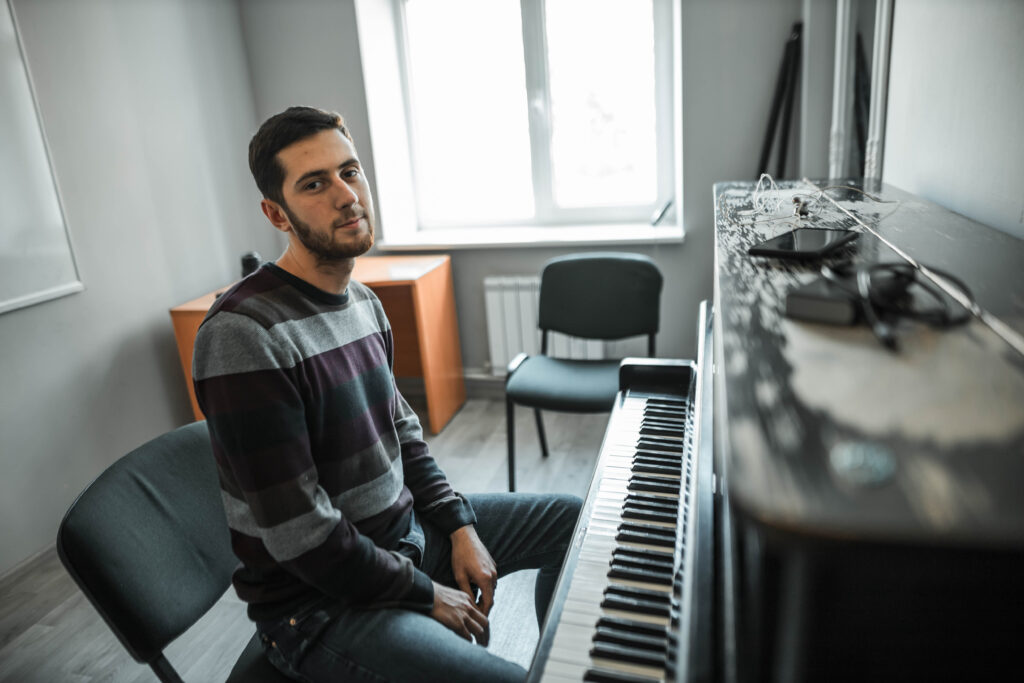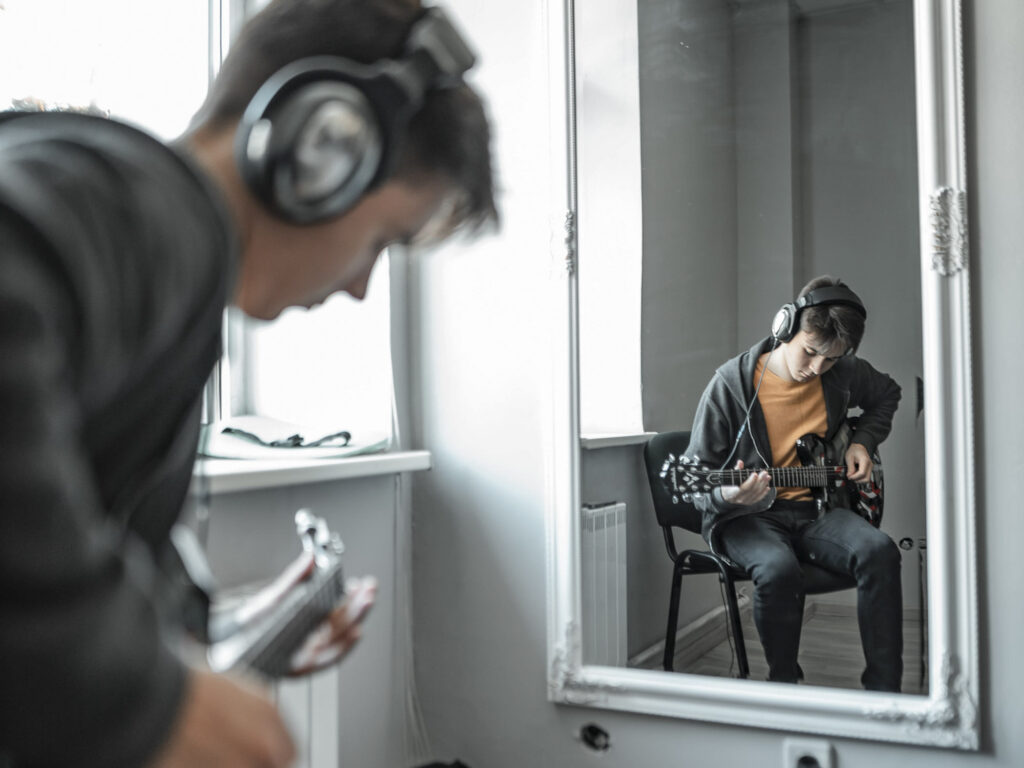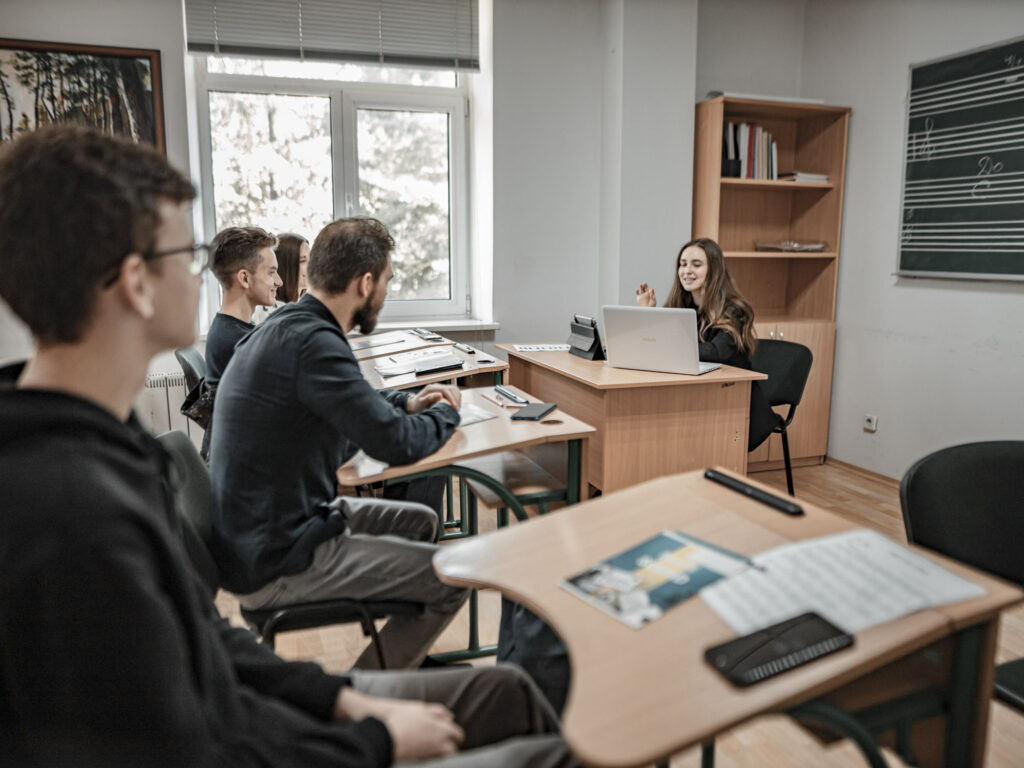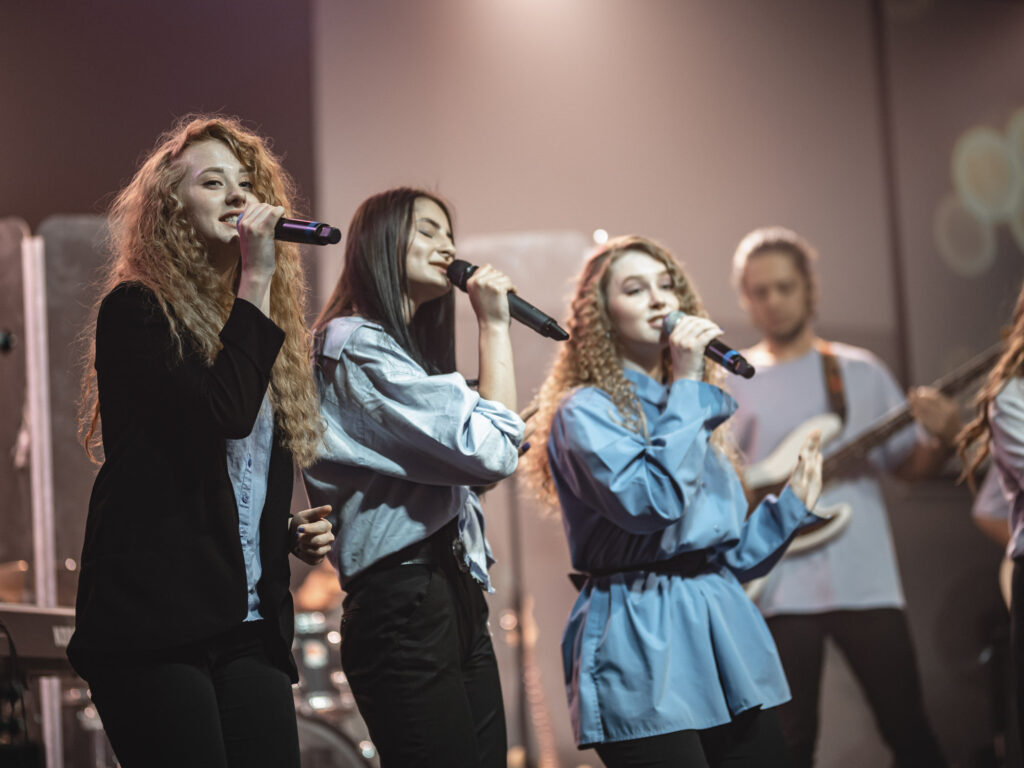
To equip students with basic knowledge and skills for effective organization of worship ministry at local churches in spheres such as basic theology, theology of worship, leadership as well as professional music.



For me, the seminary became not just a place where I got spiritual and musical education, but a...
Graduate of the Music Ministry and Theology residential program